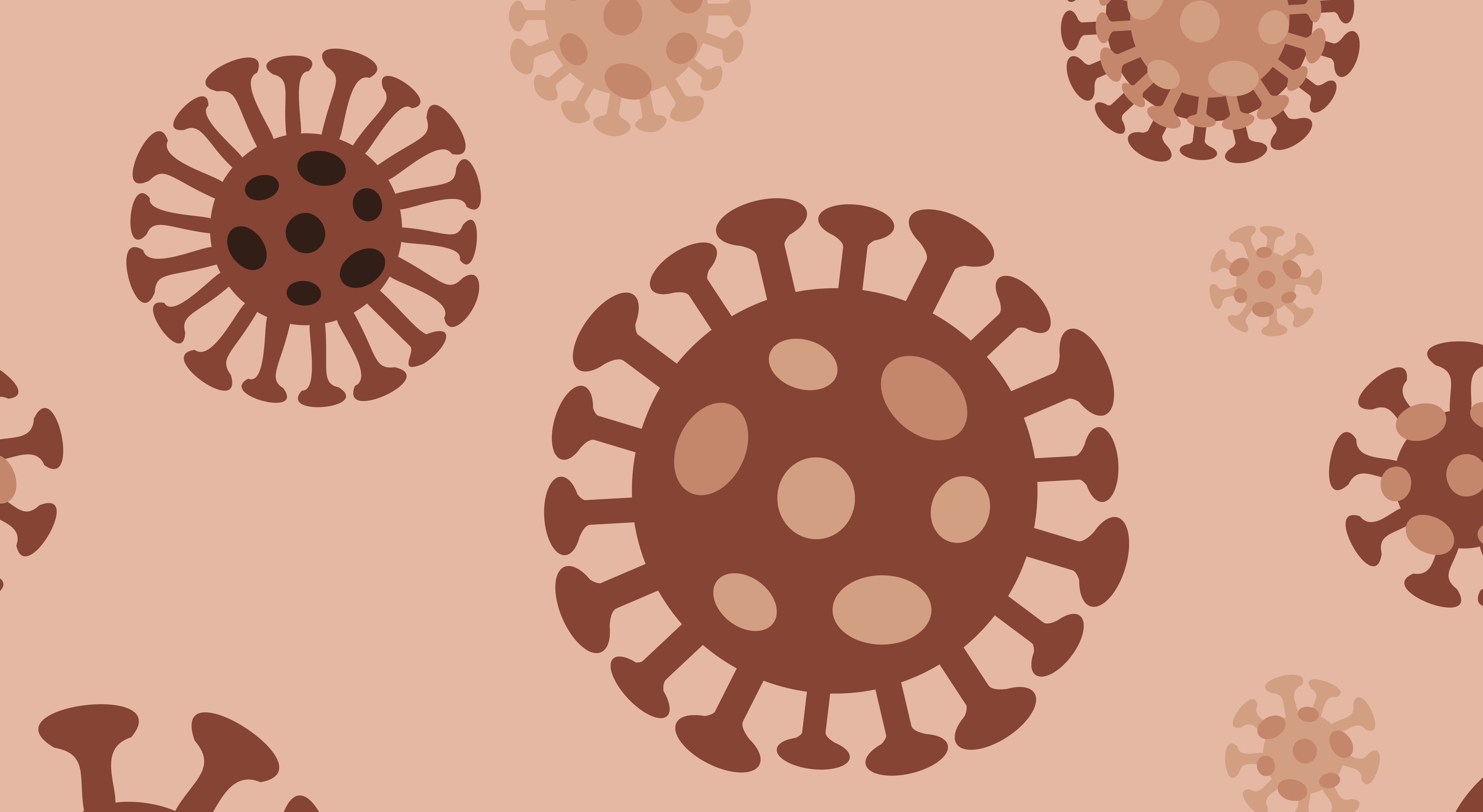Information for our community
Where to get vaccinated and how to protect yourself and others from COVID-19.

Where to get vaccinated and how to protect yourself and others from COVID-19.


We acknowledge the Traditional Custodians within our region: the Jagera, Turrbal, Gubbi Gubbi, Waka Waka and the Ningy Ningy peoples of where we meet, work and learn. Brisbane North PHN is committed to reconciliation. Our vision for reconciliation is where the stories of our First Nations’ people are heard and shared, and networks are formed.